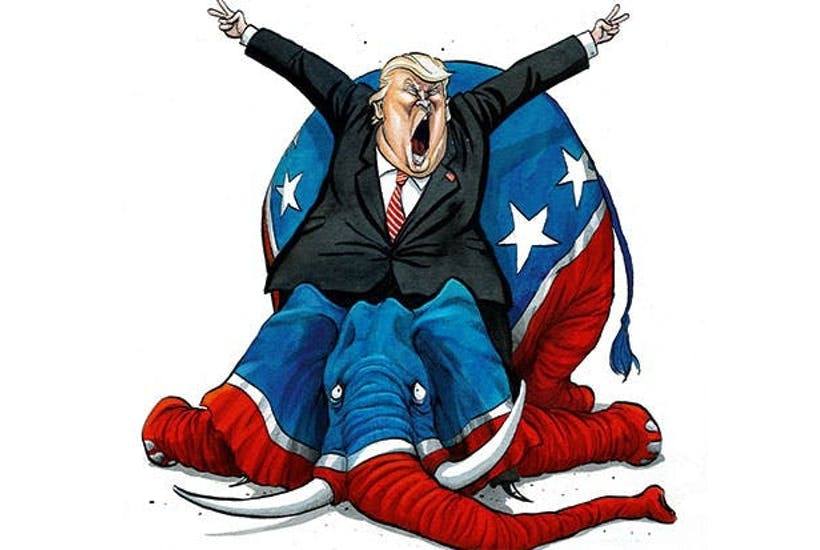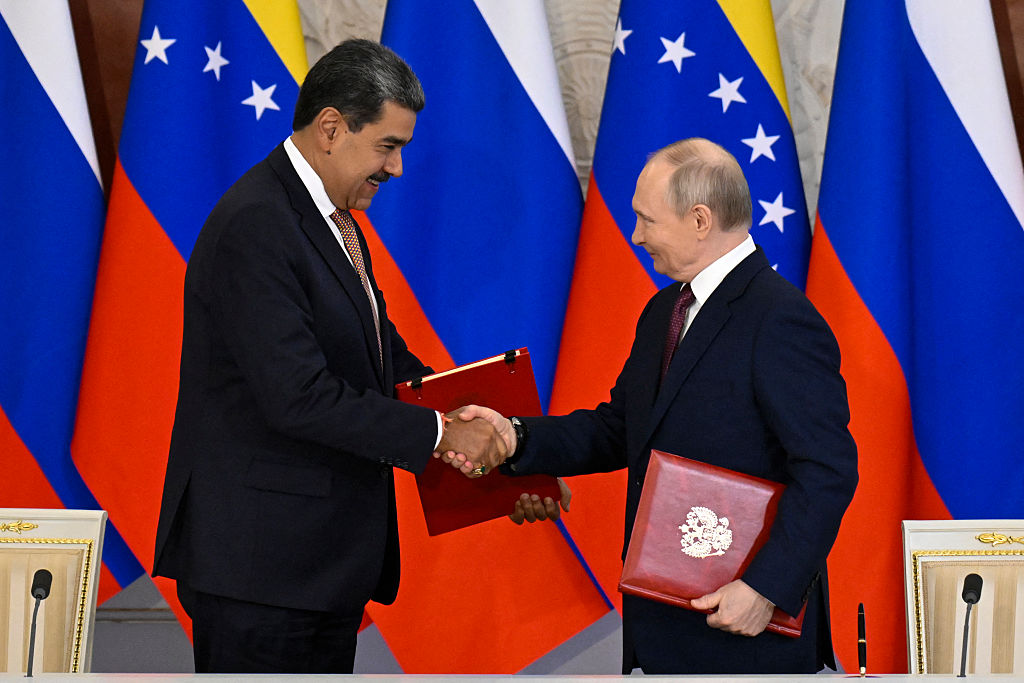The Trump presidency has been a disorienting moment in American political life. Imagine a time traveller starting in the year 1990. He steps forward 25 years to 2015. Who are the leading candidates for president? Bush and Clinton — again! What are the top issues? Iraq and healthcare — again! Now step backwards 25 years from 1965. The most powerful men in Washington are the head of the AFL-CIO, a federation of 55 unions across the US, and J. Edgar Hoover. There’s a draft and a telephone monopoly and urban riots and liberal Republicans. It’s a different world. I sometimes feel that what Trump has done is restore motion to a political system that froze in place when the baby-boomers reached middle age. What’s coming next? Something radically different. The baby-boomers will keep ageing, and their dependence on government will grow. Trump discovered and confirmed that ethnocultural resentment mobilises conservative voters better than economic issues ever did. The Republicans seem to be heading for heavy losses in this year’s elections — making Trump even more important as a single remaining focal point for party identity and party loyalty. Voters who cannot stomach Trump, especially college-educated women, are quitting the GOP. What will be left is a party that no longer commands a national voting majority. Only one Republican has done that since 1988 — George W. Bush in 2004 — and then only barely. But what Republicans are also discovering is that with sufficiently ruthless methods, a national voting majority may not be needed to wield national power. That’s part of the meaning of Trumpocracy, and it’s more disturbing than Trump’s fast-food diet.
This is an extract from David Frum’s diary, in this week’s Spectator

























